Bhopal Gas Tragedy: 36 years on, survivors still await justice - In Pics
)
Today is the 36th anniversary of the Bhopal Gas Tragedy that took place on the night of December 2-3 in the year 1984. An accidental leak in the Union Carbide India Limited (UCIL) pesticide plant in Bhopal, Madhya Pradesh, released methyl isocyanate (MIC) gas.
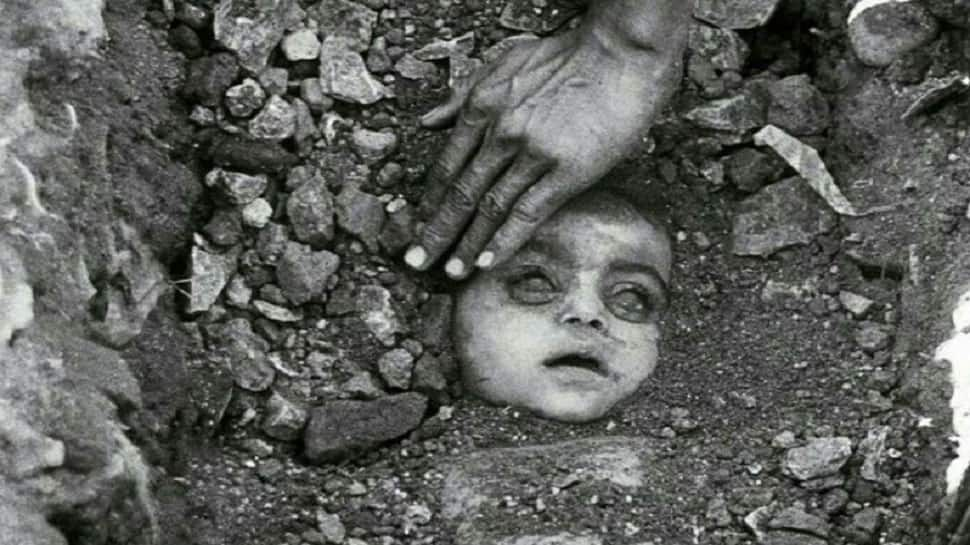
The toxic gas drifted over the densely populated neighbourhoods around the plant, killing thousands of people immediately and creating a panic as tens of thousands of others attempted to flee Bhopal.
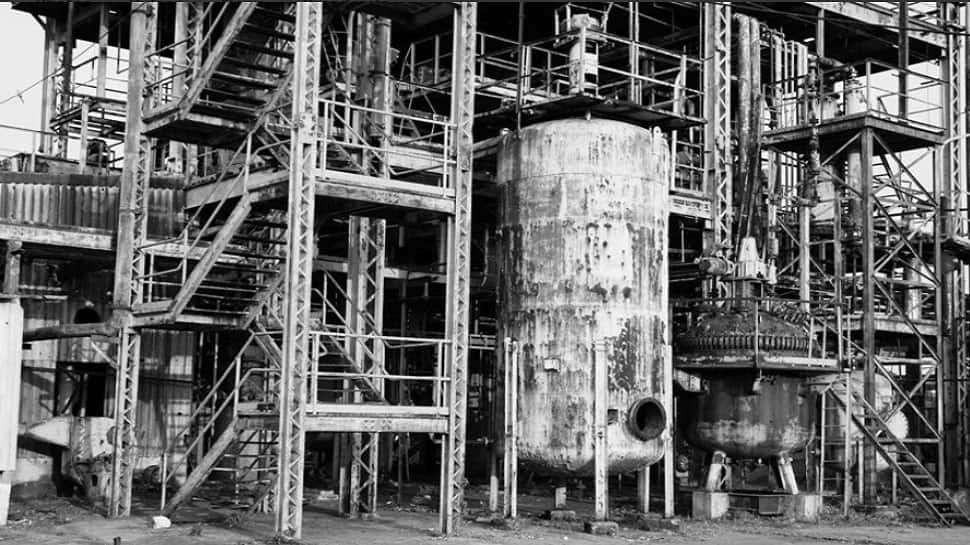
The final death toll was estimated to be between 15,000 and 20,000. In the days that followed, as many as 5 lakh people were exposed to the gas, and more than 3700 people died due to the disaster.
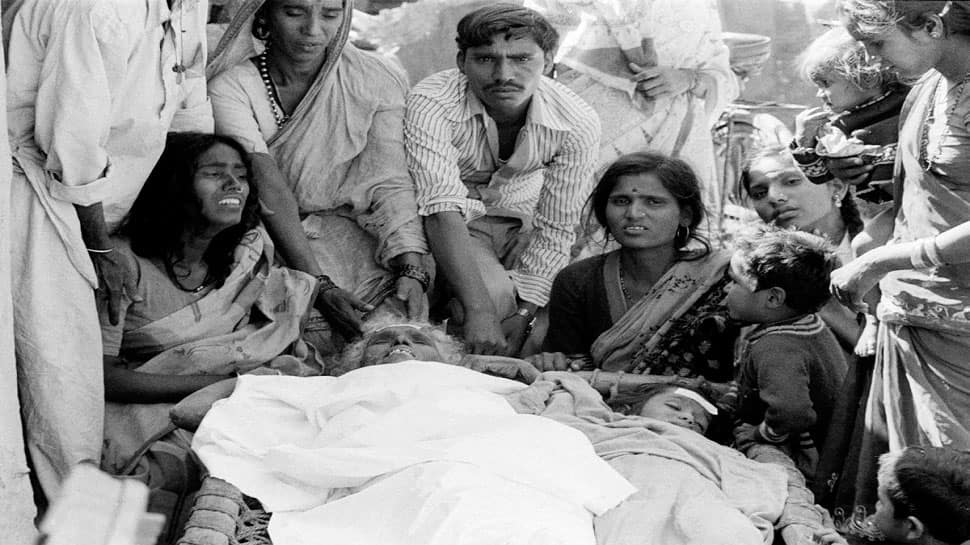
Some half a million survivors suffered respiratory problems, eye irritation or blindness, and other maladies resulting from exposure to the toxic gas; many were awarded compensation of a few hundred dollars.
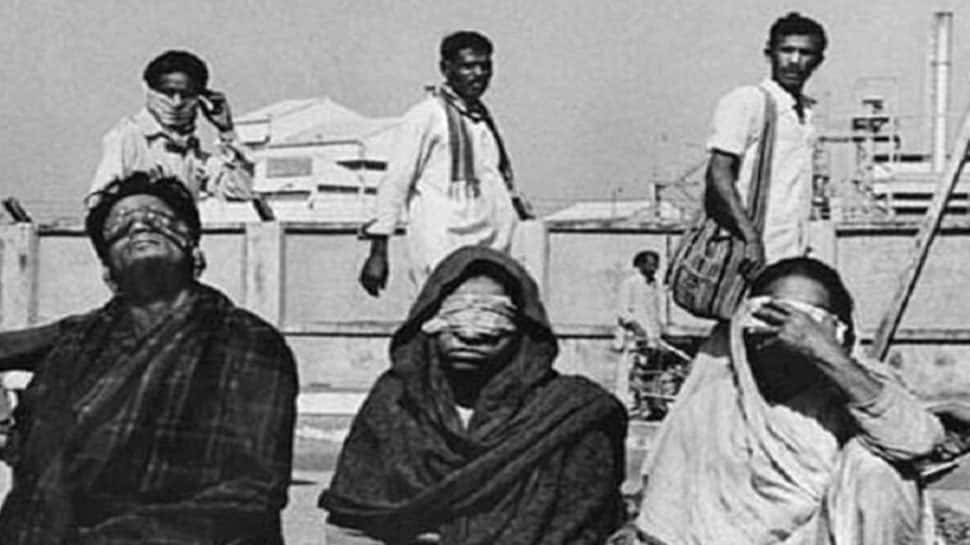
Till date, it is considered to be one of the world's deadliest industrial disasters. There were aftereffects, such as increased cases of cancer and birth defects, which were reported in years to come.
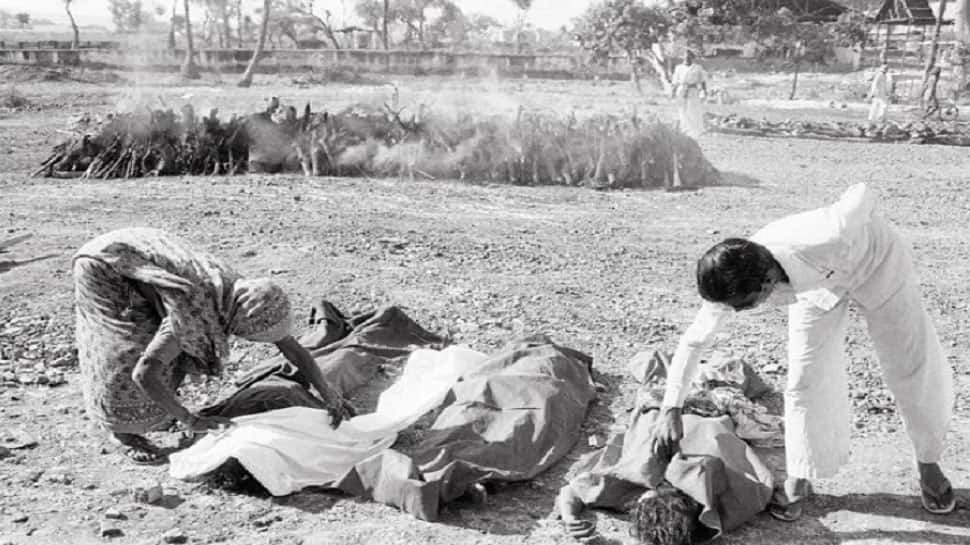
While the Bhopal Gas Tragedy was an alarming situation for India, the pollution level and the release of harmful substances in the environment has been increasing each year.
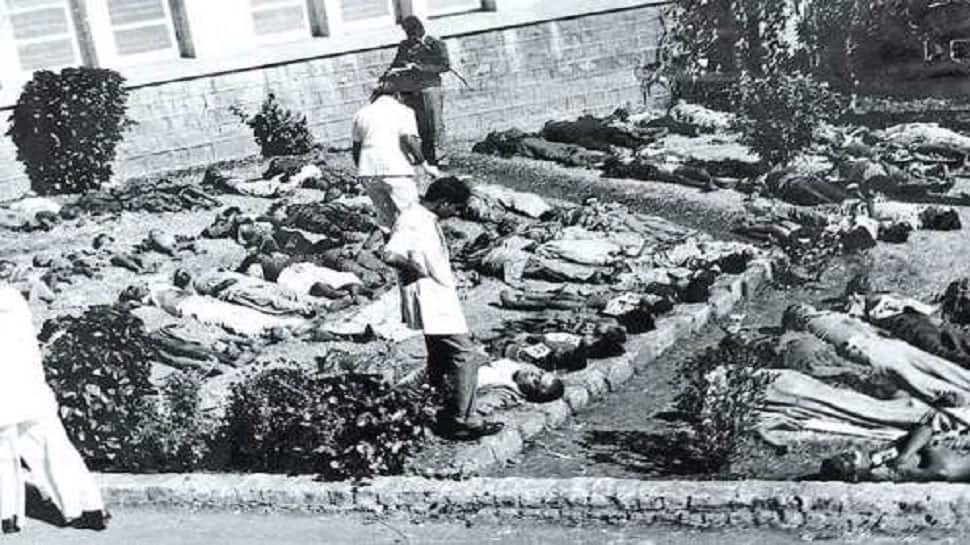
Investigations later established that substandard operating and safety procedures at the understaffed plant had led to the catastrophe. In 1998 the former factory site was turned over to the state of Madhya Pradesh.
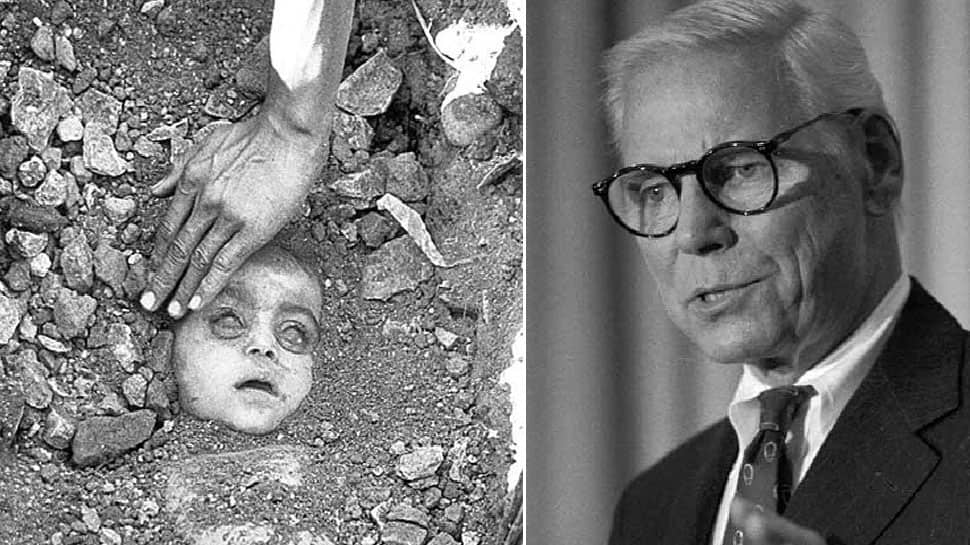
India marks National Pollution Control Day on December 2 in the honour of people who lost their lives during the horrific 1984 Bhopal Gas Tragedy. Several local studies as well as international level research have underlined the long-term health effects of exposure to the deadly methyl isocyanate (MIC) and demand that enhanced compensation should be paid accordingly to the survivors.

